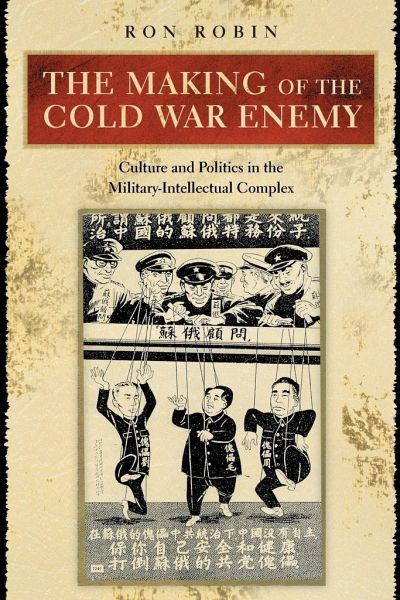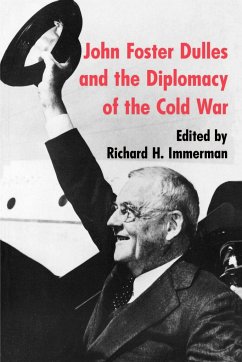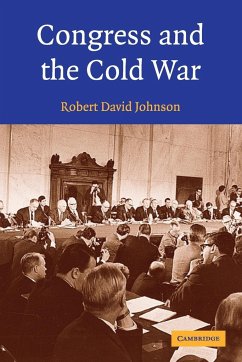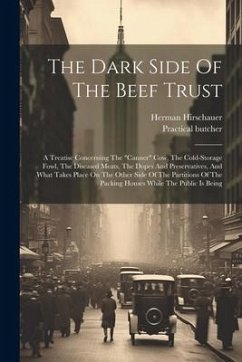
The Making of the Cold War Enemy
Culture and Politics in the Military-Intellectual Complex

PAYBACK Punkte
19 °P sammeln!
At the height of the Cold War, the U.S. government enlisted the aid of a select group of psychologists, sociologists, and political scientists to blueprint enemy behavior. Not only did these academics bring sophisticated concepts to what became a project of demonizing communist societies, but they influenced decision-making in the map rooms, prison camps, and battlefields of the Korean War and in Vietnam. With verve and insight, Ron Robin tells the intriguing story of the rise of behavioral scientists in government and how their potentially dangerous, "American" assumptions about human behavio...
At the height of the Cold War, the U.S. government enlisted the aid of a select group of psychologists, sociologists, and political scientists to blueprint enemy behavior. Not only did these academics bring sophisticated concepts to what became a project of demonizing communist societies, but they influenced decision-making in the map rooms, prison camps, and battlefields of the Korean War and in Vietnam. With verve and insight, Ron Robin tells the intriguing story of the rise of behavioral scientists in government and how their potentially dangerous, "American" assumptions about human behavior would shape U.S. views of domestic disturbances and insurgencies in Third World countries for decades to come. Based at government-funded think tanks, the experts devised provocative solutions for key Cold War dilemmas, including psychological warfare projects, negotiation strategies during the Korean armistice, and morale studies in the Vietnam era. Robin examines factors that shaped the scientists' thinking and explores their psycho-cultural and rational choice explanations for enemy behavior. He reveals how the academics' intolerance for complexity ultimately reduced the nation's adversaries to borderline psychotics, ignored revolutionary social shifts in post-World War II Asia, and promoted the notion of a maniacal threat facing the United States. Putting the issue of scientific validity aside, Robin presents the first extensive analysis of the intellectual underpinnings of Cold War behavioral sciences in a book that will be indispensable reading for anyone interested in the era and its legacy.













